“This building represents a way of understanding architecture not only as art, but also as science. Here the beauty of form merges with values such as sustainability,social responsibility and technology integration.”
GCA Architects
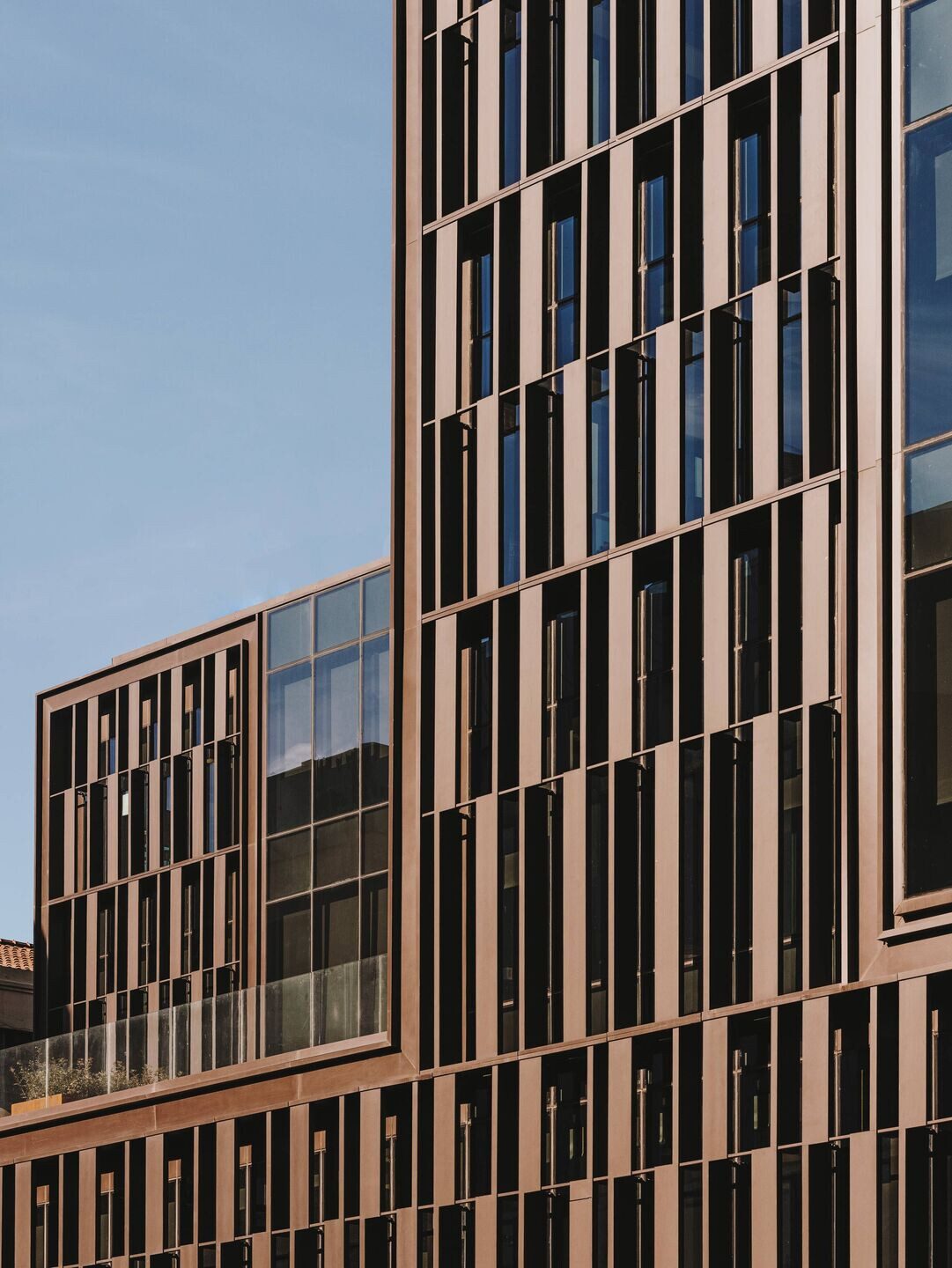
The Platinum@BCN office complex, located in 22@, has been considered one of the most sustainable buildings in the world, obtaining LEED Platinum certification with a record rating of 101 points. When designing the building, GCA Architects prioritised its sustainability and responded to the energy requirements of the location, the incidence of sunlight, the urban environment and the building’s use.

Conceived according to the principles of biophilic design, the complex has three green areas, which help to reduceits ecological footprint and to improve well-being. Two terraces act as a meeting place and outdoor area for workers, while the centre block acts as a green lung for this typically industrial neighbourhoodand provides it with a space for socialising.
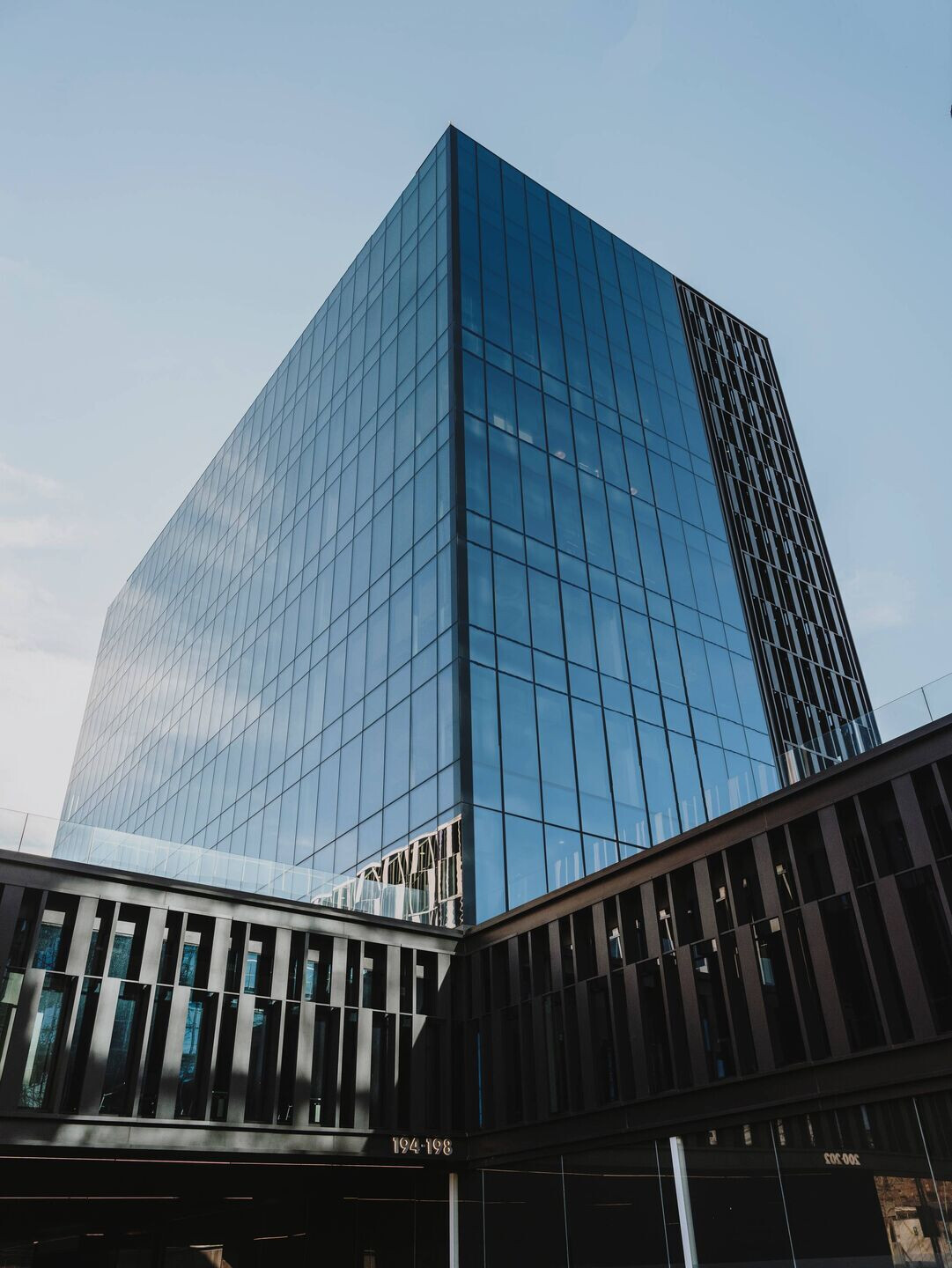
The unique design allows all workspaces in the complex to enjoy outdoor views and natural lighting, which improves people's quality of life and enhances levels of well-being and productivity.
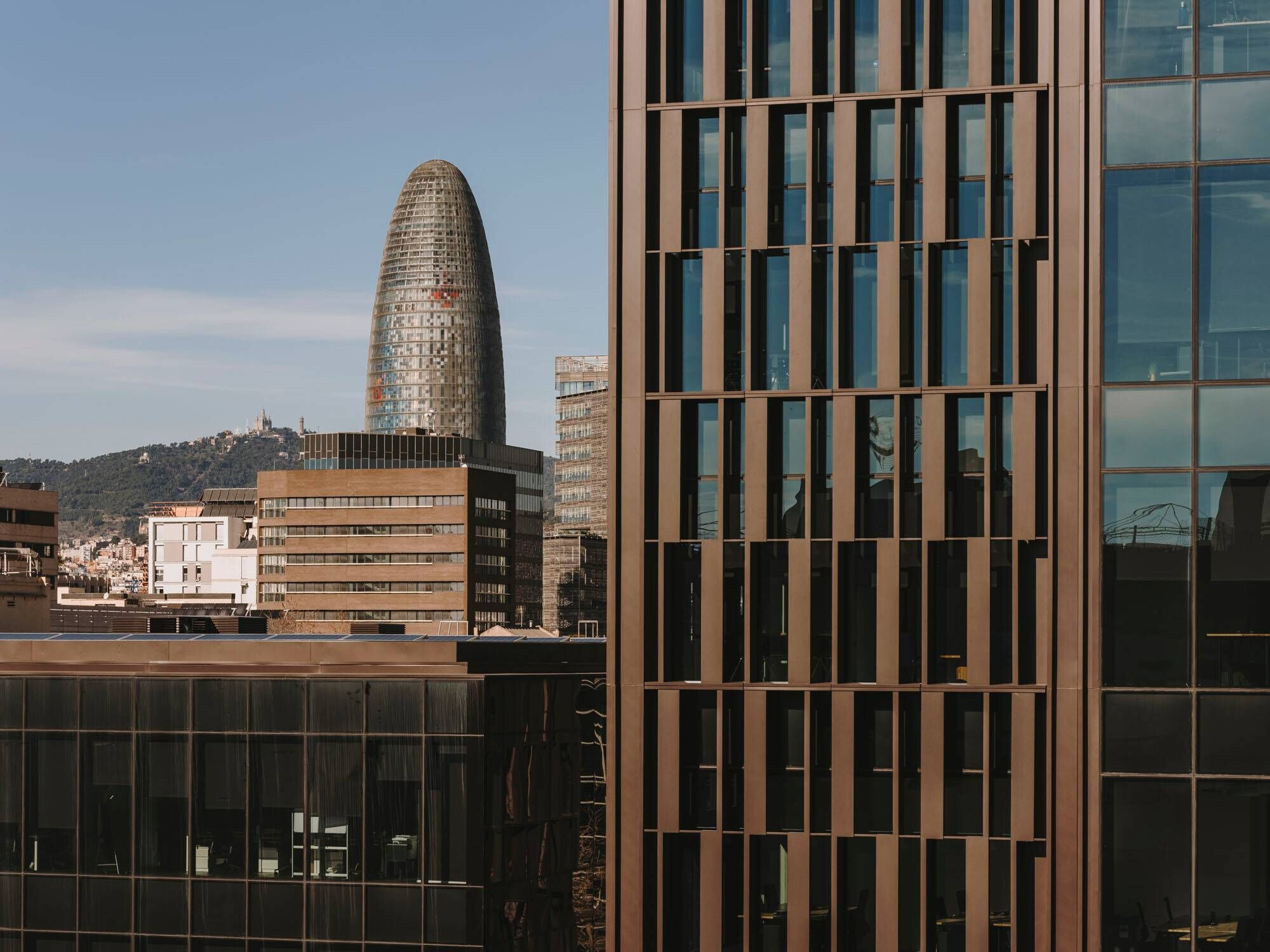
A layer of aluminium covers the building and acts as a double skin of thermal insulation, helping to significantly reduce energy requirements (Platinum@BCN saves almost 45% more energy than other buildings). The building has photovoltaic panels, capable of covering its entire electricity consumption, and an innovative thermoactive foundation system that integrates geothermal energy into the building's construction.
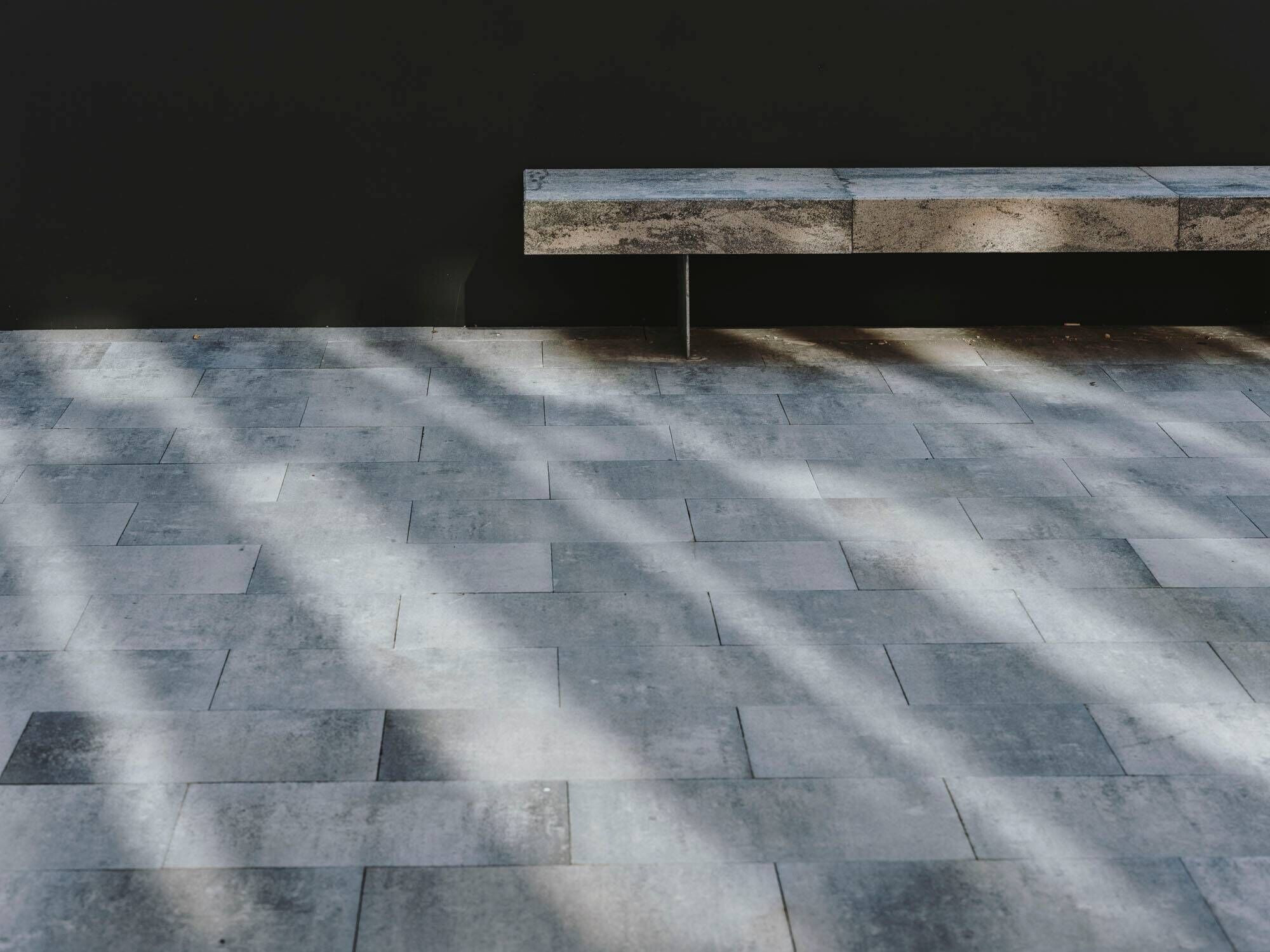
In terms of water consumption, grey water from domestic use is reused and there is a rainwater-retention system on the roof for use in vegetation. This saves 60% of total water and eliminates the use of potable water for irrigation. In addition, drip irrigation increases efficiency while rain and humidity sensors prevent water waste.
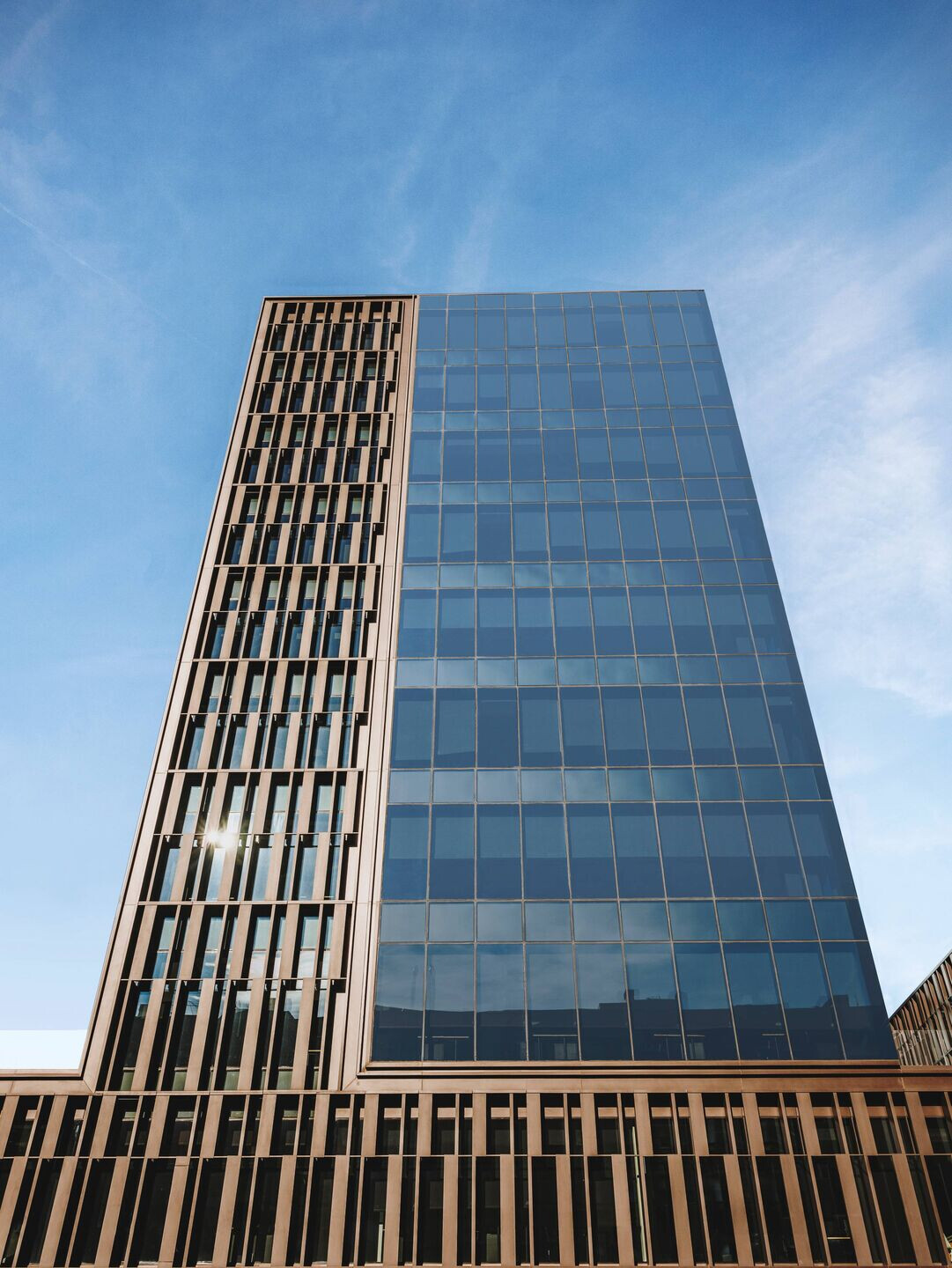
For its construction, materials that take into consideration global warming, the deterioration of the ozone layer and water acidification were used, including locally sourced recycled materials, while almost all of the waste from the construction site was recycled.













































